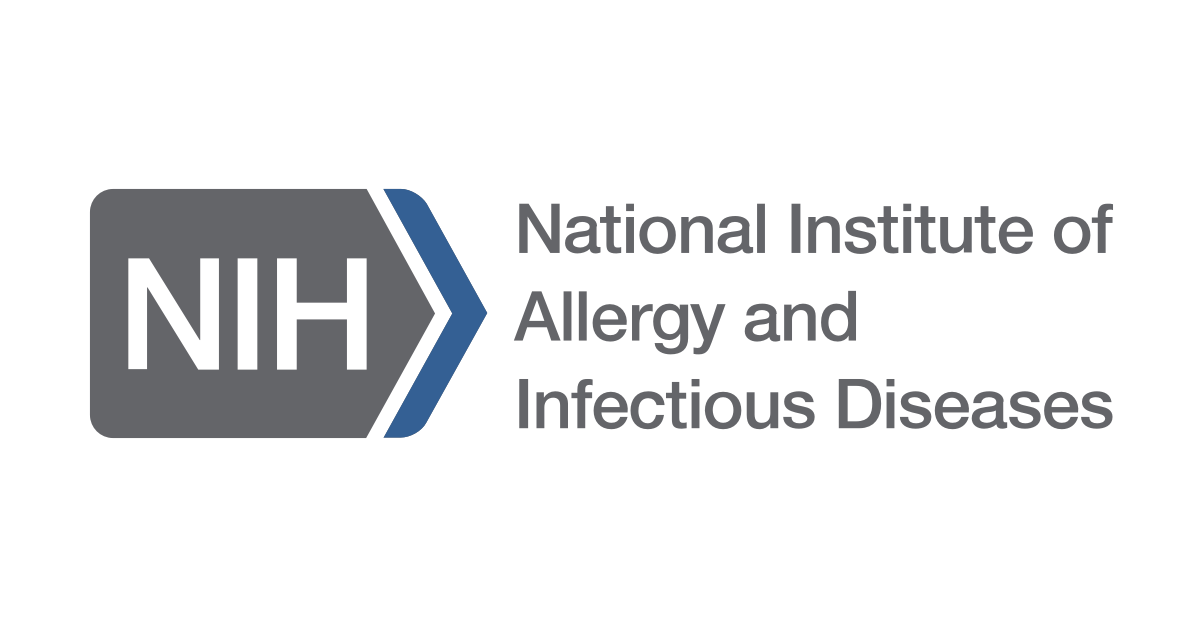Treangen lab at Rice University

Treangen Lab, September 2024
Rice University, Houston, TX
Welcome to the Treangen lab website, a bioinformatics and computational biology research group at Rice University, led by Dr. Todd J. Treangen (Associate Professor in the Department of Computer Science and affiliated Associate Professor in the Department of Bioengineering).
Since launching in 2018, the Treangen lab has focused on developing scalable and accurate computational algorithms, methods, and open-source software tools to answer research questions specific to: (i) identifying and characterizing known and novel microbial pathogens, (ii) population scale microbial genome variation and evolution, and (iii) studying microbial communities across time and space in the environment and human-host-associated microbiomes.
The Treangen lab is actively funded by CDC, NIH (NIA, NIAID), and NSF (EF, IIS, SHF). Prior support from: c3.ai DTI, DHS, IARPA, and NIH.



news
| Aug 30, 2024 | Bryce Kille successfully passed his Thesis Proposal Defense, now a Ph.D. candidate! |
|---|---|
| Aug 29, 2024 | Fall’24 semester COMP 416/519 kicks off |
| Aug 01, 2024 | Genome Sleuths’24 has concluded, huge thanks to all of the undergrad participants and grad student mentors |
selected publications
- SeqScreen: accurate and sensitive functional screening of pathogenic sequences via ensemble learningGenome biology, 2022
- Emu: species-level microbial community profiling of full-length 16S rRNA Oxford Nanopore sequencing dataNature methods, 2022
- Current progress and open challenges for applying deep learning across the biosciencesNature Communications, 2022
